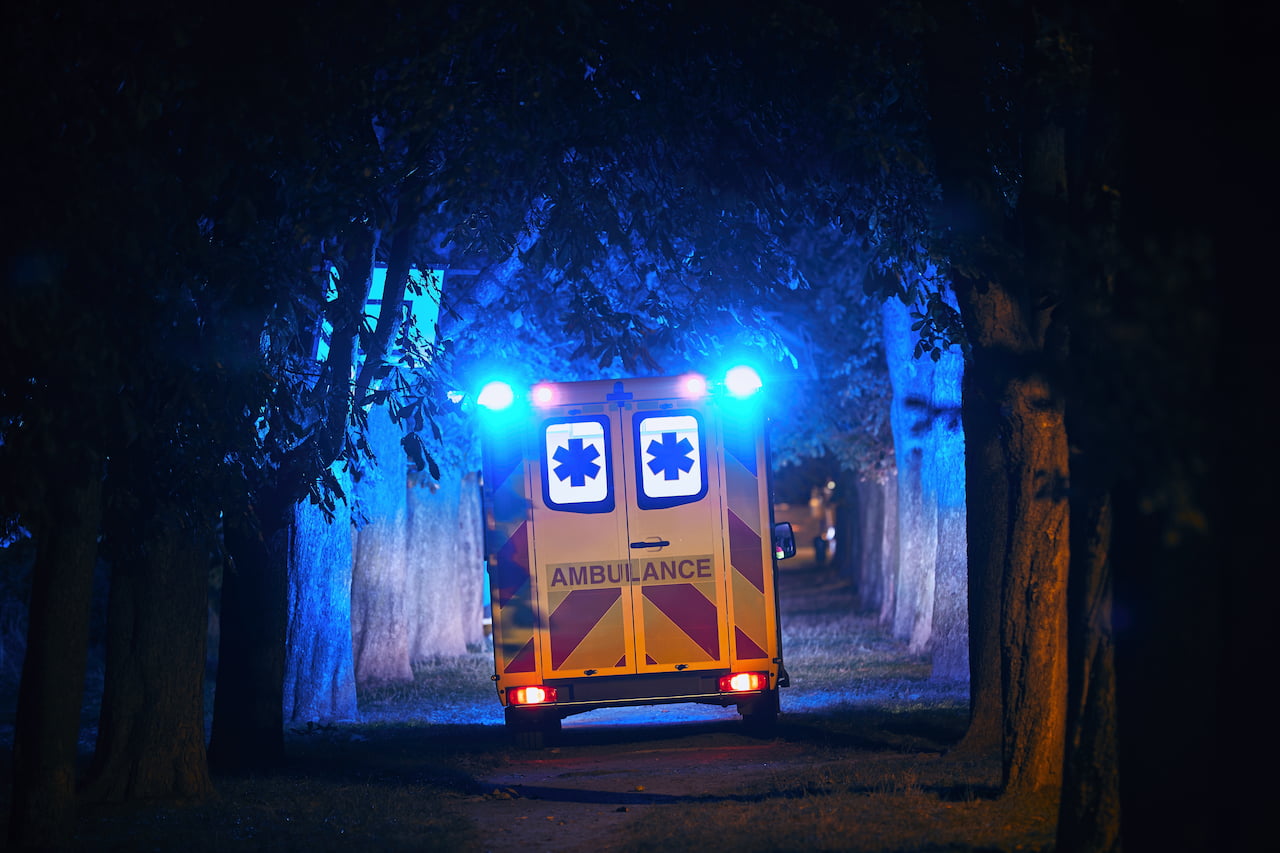
NYPD investigators believe a medical episode caused a taxi driver to lose control of his vehicle and barrel into several pedestrians.
The wreck happened near the intersection of 29th and Broadway. Initially, the cab slammed into a building. Then, as the driver tried to turn onto Broadway, he missed the turn, hit a bicyclist, and careened onto the sidewalk, where the runaway cab pinned two women against a wall and ran over a third person. Between fifteen and twenty bystanders worked together to lift the disabled cab off that victim.
Altogether, six people, five pedestrians and the bicyclist, were rushed to local hospitals with serious injuries.
Commercial Driver Duty of Care
Until recently, all commercial operators had a duty of utmost care in New York, as opposed to a duty of reasonable care. Basically, the duty of utmost care requires motorists to take affirmative steps to avoid accidents. The duty of reasonable care is only a duty to drive defensively. However, that’s no longer the case. So, New York laws in this area are now a hodgepodge, mostly based on license requirements.
Once upon a time, they let pretty much anyone drive a cab. Robert DeNiro drove a cab at night for three months to prepare for the 1976 classic Taxi Driver. Supposedly, only one passenger recognized him, even though he had just won an Academy Award for The Deer Hunter. That’s believable. We New Yorkers usually keep our heads down and avoid eye contact with cabbies.
Today, licensing requirements are much stricter. People literally put their lives into a cab driver’s hand when they slide into the back seat. So, these operators must not only demonstrate enhanced driving ability. They must also be able to deal with unruly passengers, and a surly DeNiro-ish stare doesn’t count.
Taxi drivers in New York must have a commercial or other enhanced drivers’ license before they even apply for a taxi license. The higher licensing requirement means a higher duty of care in a negligence case. These same principles apply to most other commercial drivers, like bus drivers and large truck drivers.
Ridesharing operators are in a special category. You don’t need a special license to drive for Uber or Lyft. However, a New York personal injury attorney can ask jurors to hold such drivers to a higher standard, since they carry people for profit, and once again, these people put their lives in their hands. Usually, jurors are receptive to this argument.
Medical Episodes
Certain medical conditions prevent people from getting licenses, at least temporarily. For example, most epileptics must serve a six-month suspension if they have a seizure. However, after the six months expire, the driver probably still has epilepsy. So, this rule doesn’t do much to protect people.
If bureaucrats refuse to take a dangerous driver off the road, a negligence lawsuit is the only way to protect people. Furthermore, these claims compensate victims for their damages. That’s something a license suspension doesn’t do.
Epilepsy, diabetes, heart disease, and other conditions that could cause a sudden loss of consciousness are somewhat rare. Moderate illnesses, like colds and flu, are much more common. Most people struggle with a mild or moderate illness at least once a year. Spring allergies knock me over pretty much every May.
Moderate or mild illness decreases driving ability by as much as 50 percent. For that reason, many states have rules prohibiting commercial operators from getting behind the wheel when they don’t feel well.
On a related note, the anti-cold and flu drugs people often take, like NyQuill, are even more impairing than the illnesses they’re designed to fight. Driving under the influence of such medications isn’t just dangerous. It’s also illegal in New York. If a tortfeasor (negligent driver) is under the influence of drugs and an emergency responder issues a DUI citation, the tortfeasor could be responsible for damages as a matter of law.
These damages usually include compensation for economic losses, such as medical bills, and noneconomic losses, such as pain and suffering. Additional punitive damages may be available as well, in some extreme cases.
An adverse medical condition is one of the most common forms of driver impairment, especially when you combine the two major subtypes and include the possibility of drug impairment. Other causes of driver impairment include alcohol, fatigue, and distraction.
Third Party Liability
Personal responsibility is one of the key principles in a negligence claim. Victims need and deserve compensation for their injuries. That much is certain. However, people also need to take responsibility for their mistakes.
Frequently, there’s a difference between personal responsibility and financial responsibility in a car crash claim. Insurance companies, and not individual tortfeasors, are usually financially responsible for the aforementioned damages. Third parties, like taxi companies, could be financially responsible as well.
Respondeat superior is one of the most common vicarious liability theories in New York. THis legal rule applies if the tortfeasor was an employee who was acting within the course and scope of employment at the time of the injury.
Most taxi drivers are technically owner-operators. They usually pay the company to pick up passengers in a certain part of town. That’s certainly not a traditional employer-employee relationship. Nevertheless, respondeat superior usually applies in taxi accident cases.
Other vicarious liability theories include dram shop alcohol provider liability and negligent entrustment owner liability.
Injury victims are usually entitled to substantial compensation. For a free consultation with an experienced personal injury attorney in New York, contact the Pianko Law Group PLLC. We do not charge upfront legal fees in these matters.